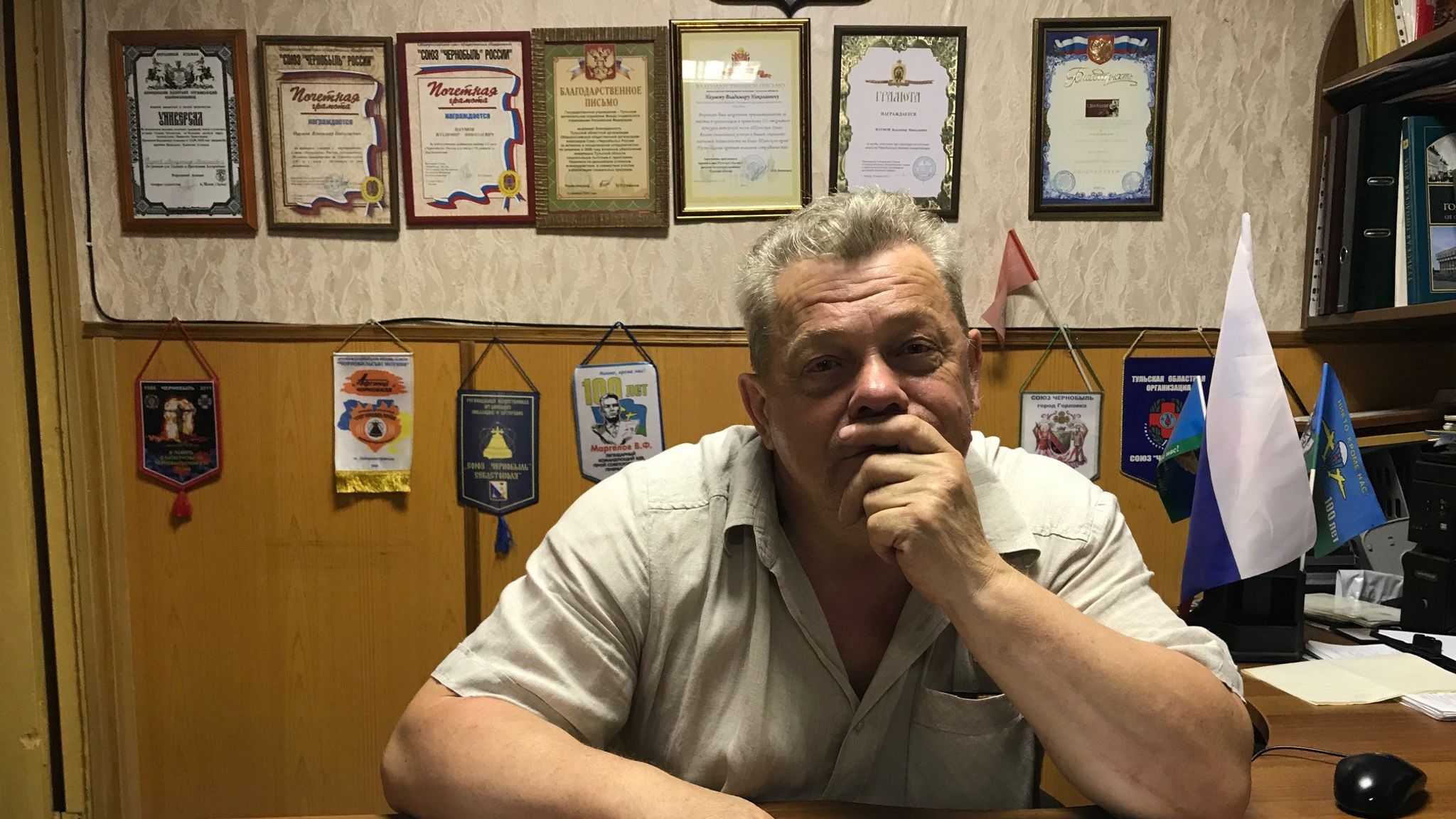

The full realization of this goal will require more time for education, marketing, and possibly legislative action. Getty Images Chernobyl was the worst nuclear disaster in history. Universal iodization of salt was not a specific objective of the GCC however, the increasing availability of iodized salt is leading to the elimination of ID, which is now a political goal in Russia. 24 and took control of the site, where staff are still responsible for the safe storage of spent nuclear fuel and supervising the concrete-encased remains of the reactor that blew up in 1986. Surprisingly, many people still think Chernobyl is in Russia.

By 1999, political will had been mobilized and over 20% of the nation's salt was being iodized, up from about 1% in 1996. The two Ukrainian workers who spoke to Reuters were on duty when Russian tanks entered Chernobyl on Feb. 33 years after the Chernobyl catastrophe, a new HBO miniseries is drawing attention to the tragedy again. In this case, ID, previously not seen as a problem in Russia, was recognized to be potentially serious, and the Russian Federation, assisted by the catalytic bi-national effort of the U.S.-Russian Joint Commission on Economic and Technological Cooperation (Gore-Chernomyrdin Commission (GCC)) established a model salt iodization policy, developed a planning process, and implemented a program to prevent ID through a systematic approach that included the people, government, and private groups using open communication, dissemination of the findings, and action plans. Frequently in public health a crisis is required to create the political will to manage longstanding problems, and public health officials must rapidly mobilize to take advantage of the opportunity. A chief safety engineer at the Chernobyl site told the New York Times Russian leaders ignored warnings that that they were putting their soldiers at risk of lethal contamination. For the Russian people the Chernobyl event had profound psychological impacts, provoking anxiety about nuclear technology and mistrust of governmental control efforts.

The Chernobyl nuclear disaster of April 26, 1986, triggered a chain of devastating events that later included an unexpected increase in childhood thyroid cancer and evidence of iodine deficiency (ID) in Russia.


 0 kommentar(er)
0 kommentar(er)
